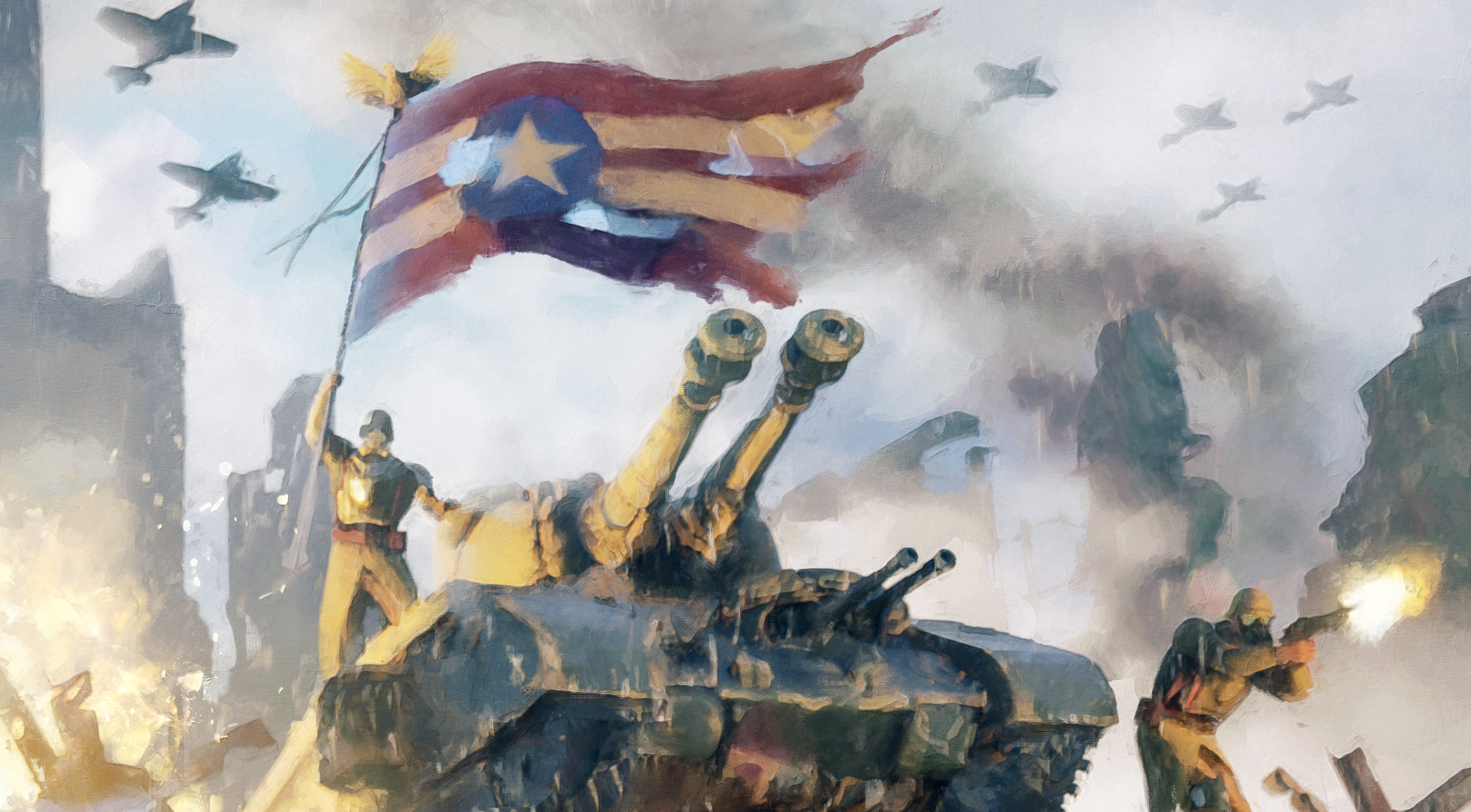Captain Higuchi Ryuusuke
Born to a Russo-Japanese War veteran in 1907, Ryuusuke had a strong connection to the military early on. His father was a respected sergeant, who managed to lead his unit in a dangerous retreat on foot from Vladivostok after an attempted sabotage of Russian rail assets. His achievements as a non-commissioned heimin earned him favor with many mid-level army officers, who helped the younger Higuchi enroll in the military academy. He went on to graduate at the top of his class, and was noted for his brazen tendencies.
In late 1927 Warrant Officer Higuchi was deployed for peacekeeping operations around Shanghai, where communist extremists attempted to overthrow the local Joseon government. He always had mixed feelings for the Korean-ruled Dynasty in former China, but he was duty-bound to help them restore order. His unit was sent to clear out rebels in Songjiang Square, where he led a charge into gunfire in order to engage the enemy up close. When asked later why he chose such a risky charge, he claimed it was to prevent his artillery support from potentially toppling the famous Songjiang pagoda, which was almost 1000 years old. His deeds earned him commendations and a promotion.
After Japan refused to vacate the occupation of war-torn Shanghai, the conflict would eventually turn to the Joseon state itself. Higuchi was sent to the northern front, where his men faced near-constant assaults. He believed that liberating China from the Korean regime would restore the Middle Kingdom’s glory, and this could only be done with Japanese protection. His unit stayed on the line for a few years until the ceasefire in 1931. In this tentative peace, Higuchi took a temporary leave from military service to see to family affairs following the death of his father.
The now Captain Higuchi returned to active duty, aiding in the policing of Japanese Shanghai. He was respected by locals and command for his assertive attitude and strong morals. When Joseon launched a counter-offensive in 1936, Higuchi was instrumental in upholding the defense of the mega-city, stationed again in Songjiang. After many losses in the command structure, he was offered a promotion to Major. While recognizing the honor, Higuchi refused, as the promotion would likely take him off of the front lines. As of 1938, Captain Higuchi continues to command troops on the front as the most decorated common-born officer in the Imperial Japanese Army. His propensity for advances has led to the prevalence of the phrase “Higuchi Sokudo” , a rally cry for the common soldier to evoke the speed of Higuchi.
Children




Comments